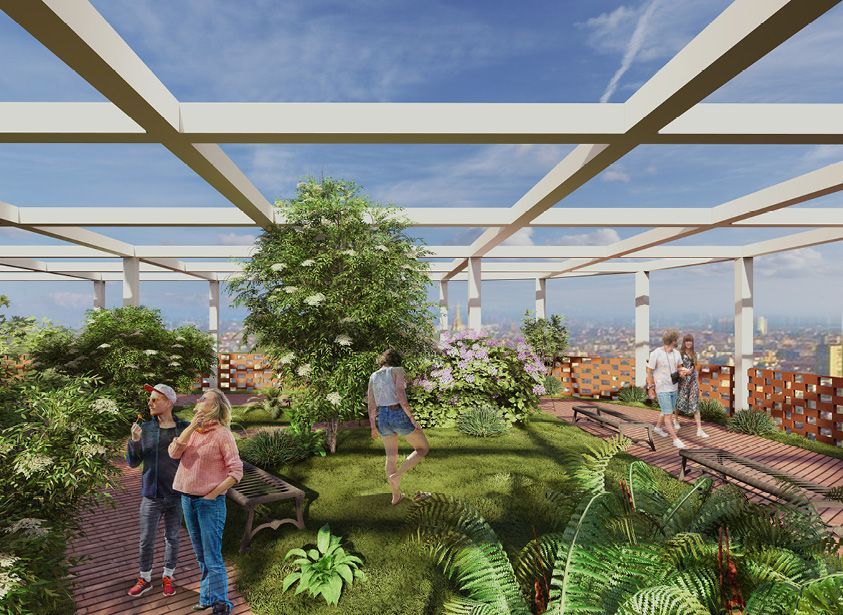Our Students won Compasso d’Oro Attestation 2024
In the 70th anniversary edition of the award, the prestigious design attestation Compasso d’Oro 2024 Targa Giovani was awarded to CARI, a tactile and audiovisual device designed to support children during hospital stays, conceived within the Master Programme in Interaction Design.
This project pays attention to the psychological and emotional difficulties that young children may experience in an unfamiliar and different environment from home, where it is difficult to understand what is going on and easy to feel loneliness and frustration. CARI recognises the importance of supporting them in maintaining an easy and spontaneous connection with their families and medical staff.




In the 70th anniversary edition of the award, the prestigious design attestation Compasso d’Oro 2024 Targa Giovani was awarded to CARI, a tactile and audiovisual device designed to support children during hospital stays, conceived within the Master Programme in Interaction Design.
This project pays attention to the psychological and emotional difficulties that young children may experience in an unfamiliar and different environment from home, where it is difficult to understand what is going on and easy to feel loneliness and frustration. CARI recognises the importance of supporting them in maintaining an easy and spontaneous connection with their families and medical staff.
CARI looks like a real playmate, a teddy bear, offering various entertainment and communication options via a touch-screen as well as the use of its paws and ears.
Thanks to the connected app, CARI maintains the communication between patient, family and medical staff active.
CARI keeps families informed by reporting updates to the patient’s medical record, therapies and scheduled visits, but also their emotional state, giving them the opportunity to interact remotely through, for example, games or bedtime readings.
CARI was created by Elena Candeliere, Nicholas Aron and Wiphawee Maneengarm within the Master in Interaction Design and Master in Service Design, with the support and supervision of Jan-Christoph Zoels (Project Leader), Arian Brajkovic (Project Advisor), Michele Aquila (Project Mentor).
















